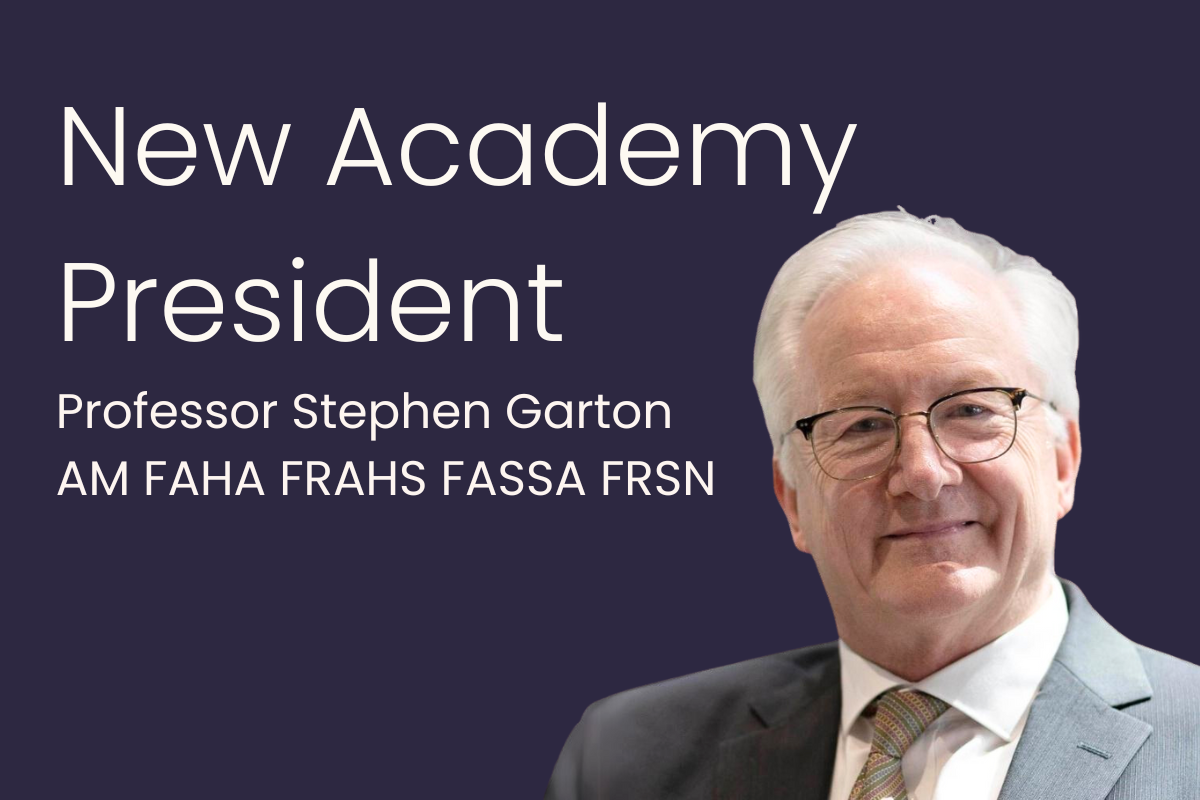It’s the first time national peak bodies in the Humanities and social sciences have collaborated to issue a public call on behalf of language diversity to meet the growing communications challenges of the 21st century.
This unprecedented collaboration has been prompted in part by the COVID-19 pandemic which has intensified and challenged communications – virtual meetings, streamlining cultural content, international news, social media – and increased tensions across international borders.
Academy President, Professor Lesley Head FASSA FAHA, said ‘the COVID-19 pandemic is just the latest indication that societies need to develop language policies that are explicit, coordinated and comprehensive, making access to all of the world’s languages a core feature and indispensable part of the education of every student, of every age, and beginning with languages learned at home.
‘We are at an extraordinary moment in human history. Cooperation within and across borders is vital as we work to solve global challenges. Clear and precise communication is more crucial than ever before to the health and security of every nation,’ Professor Head said.
The Australian Academy of the Humanities has signed a joint statement (PDF, 546KB) with the British Academy, the American Academy of Arts & Sciences, the Royal Society of Canada and the Academy of Social Sciences in Australia to help reverse the trend, particularly in predominantly English-speaking nations which are not producing enough speakers of languages other than English to meet 21st century needs.
Former AAH President, Professor Joseph Lo Bianco AM FAHA, played a key role in shaping the statement with international colleagues. A leading expert in Language and Literacy Education in Australia, he believes we need ‘a comprehensive, long-term approach to cultivate the multilingual resources of our country.’
Professor Lo Bianco says since 1975 in Australia there have been close to 70 separate reports or policies which combined have provided no clarity or consistency and which have changed at the whim of a new government.
‘Both sides of politics have dropped the ball on this. What we’ve seen over the years is the politicisation of something which should be in the national interest. Governments haven’t been listening to the experts,’ Professor Lo Bianco said.
‘When it comes to language policy it should never be about the government of the day picking winners at the expense of others.’
Professor Lo Bianco, who wrote the National Policy on Languages for Australia in 1987, the first multilingual national language policy for an English-speaking country, believes the time has come for Australia to embrace its diversity and for the adoption of a bipartisan approach, requiring a commitment to a concerted and consistent approach to language learning in our schools, universities, workplaces and at home.
‘We must also accept and build on the fact that, through their languages, migrants to Australia and our Indigenous communities present a special gift to the nation,’ he said.
‘These Australians should be supported in sharing their languages across generations, to help safeguard their traditions and be protected from discrimination on the basis of their language and culture,’ Professor Lo Bianco said.
We stand ready to assist the Australian government in developing a coordinated and comprehensive approach to language policy.



